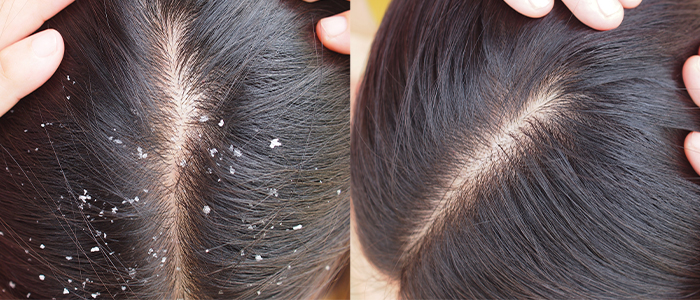What Causes Dandruff? Understanding the causes of dandruff is crucial to finding the right solution. The main reasons behind dandruff include:
1. Dry Skin: The most common cause, especially during winter months, is a lack of moisture in the scalp.
2. Seborrheic Dermatitis: This skin condition causes redness, irritation, and flakiness on the scalp.
3. Fungal Infections: Malassezia, a type of fungus, is naturally present on the scalp but can grow excessively, leading to dandruff.
4. Allergic Reactions: Certain hair products can cause scalp irritation, resulting in dandruff.
5. Diet and Lifestyle: A poor diet, stress, and lack of sleep can contribute to dandruff formation.
Why Choose Herbal and Home Remedies for Dandruff?
1. Gentle on the Scalp Many over-the-counter treatments contain chemicals that may irritate sensitive scalps. Herbal remedies are usually milder, making them ideal for all skin types.
2. Free from Harmful Chemicals Natural remedies don’t contain sulfates, parabens, or other potentially harmful ingredients that might damage the scalp or hair over time.
3. Cost-Effective and Easily Available Most herbal ingredients are inexpensive and readily available in your kitchen or local store, providing a budget-friendly way to treat dandruff.
Top Herbal and Home Remedies for Dandruff
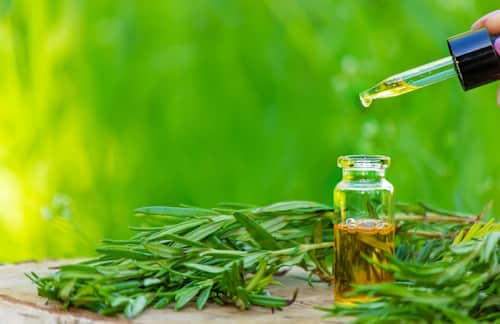
1. Tea Tree Oil Why it Works: Tea tree oil is renowned for its anti-fungal and anti-inflammatory properties. It targets the root cause of dandruff by reducing fungus growth and soothing scalp irritation.
How to Use:
- Mix a few drops of tea tree oil with a carrier oil like coconut or olive oil.
- Massage the mixture into your scalp and leave it on for 20-30 minutes.
- Rinse with a mild shampoo.
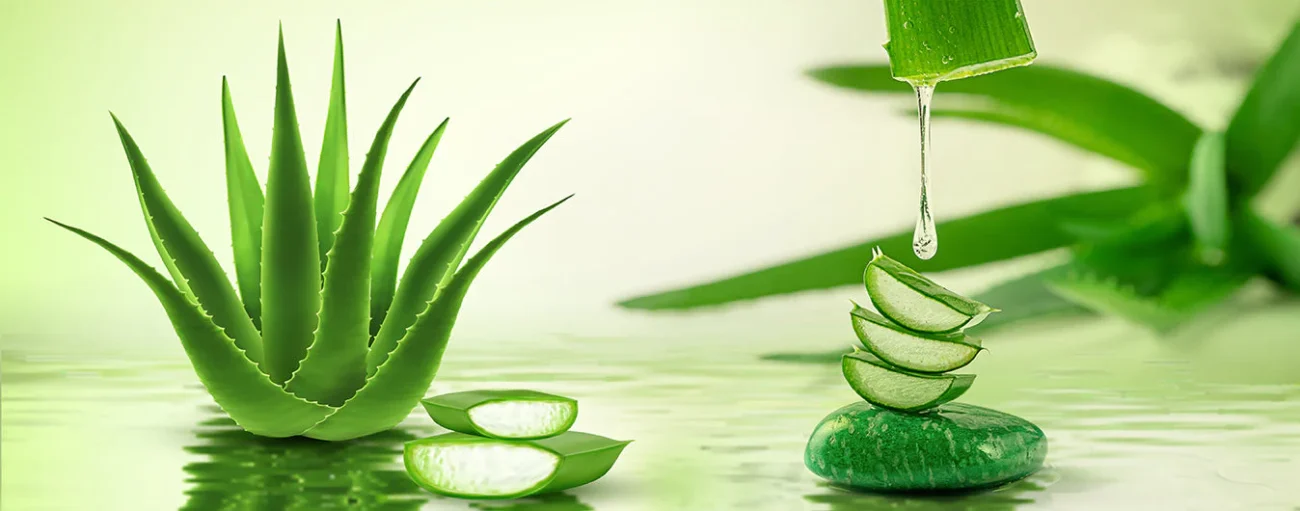
2. Aloe Vera Why it Works: Aloe vera has moisturizing properties that help reduce dryness and itchiness. It also has antibacterial and antifungal qualities that help keep the scalp healthy.
How to Use:
- Extract fresh aloe vera gel from the plant.
- Apply it directly to the scalp and leave it on for 30 minutes.
- Rinse with lukewarm water.
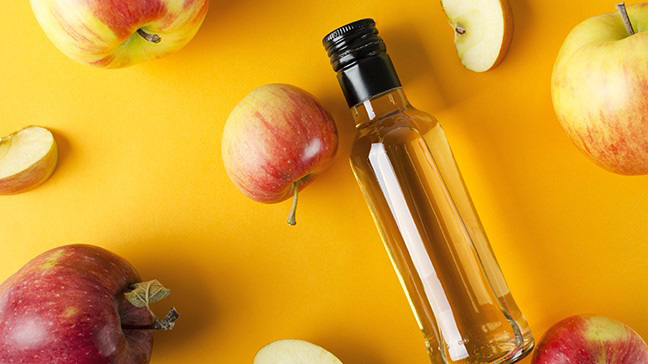
3. Apple Cider Vinegar (ACV)Why it Works: ACV helps balance the pH level of the scalp, preventing fungal growth and removing excess oil and product buildup.
How to Use:
- Mix equal parts of ACV and water.
- Apply the solution to your scalp using a cotton ball or spray bottle.
- Leave it on for 15-20 minutes, then rinse with water.
4. Neem (Indian Lilac) LeavesWhy it Works: Neem is a powerful herb known for its antibacterial, antifungal, and anti-inflammatory properties. It helps clear dandruff and soothes an irritated scalp.
How to Use:
- Boil a handful of neem leaves in water for 10 minutes.
- Let it cool, then use the strained water to rinse your hair.
- Alternatively, make a paste of neem leaves and apply it to your scalp. Leave for 30 minutes, then wash off.
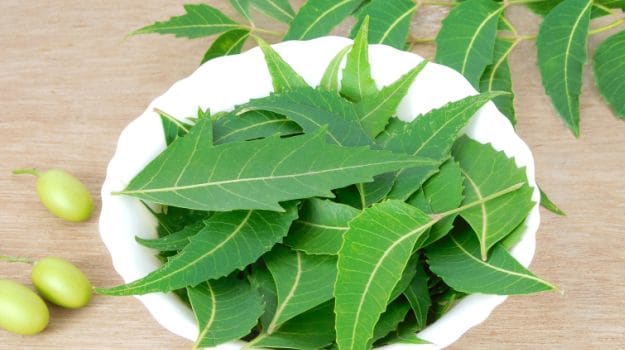
5. Coconut Oil and Lemon JuiceWhy it Works: Coconut oil has antifungal properties and deeply moisturizes the scalp. Lemon juice helps balance the scalp’s pH and reduces excess oil.
How to Use:
- Mix two tablespoons of coconut oil with the juice of one lemon.
- Apply the mixture to your scalp, massaging gently.
- Leave it on for 20 minutes before washing it off with a mild shampoo.
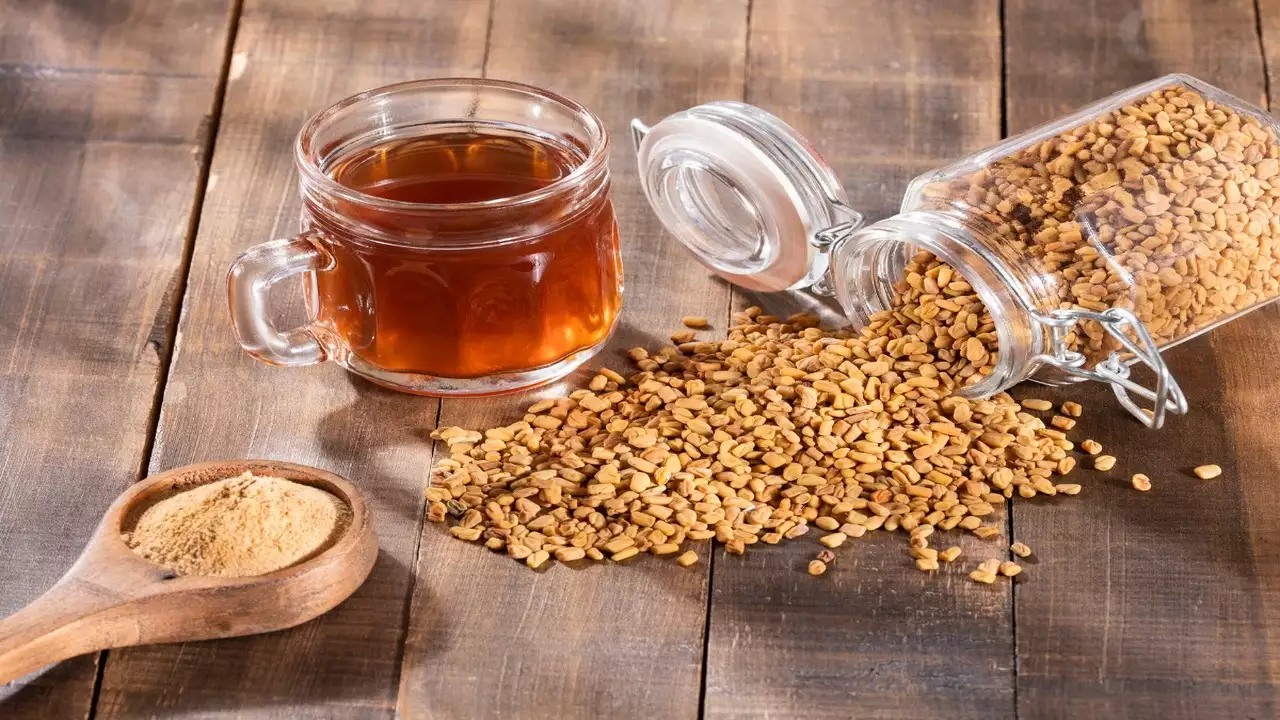
6. Fenugreek Seeds Why it Works: Fenugreek seeds have antifungal and soothing properties that help reduce scalp irritation and dandruff.
How to Use:
- Soak two tablespoons of fenugreek seeds in water overnight.
- Grind them into a fine paste and apply to the scalp.
- Leave it on for 30 minutes before rinsing with water.
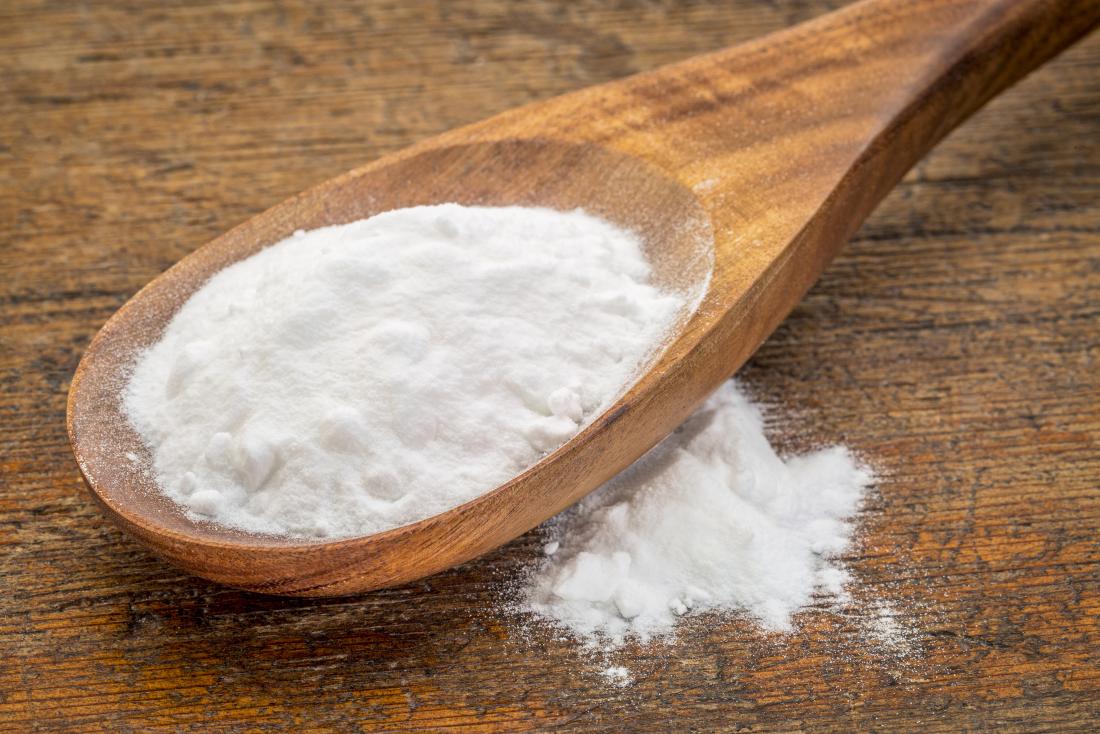
7. Baking Soda Why it Works: Baking soda acts as an exfoliant to remove dead skin cells and excess oil. It also helps balance the scalp’s pH levels.
How to Use:
- Wet your hair and apply a handful of baking soda directly to the scalp.
- Massage gently for a few minutes and rinse thoroughly.
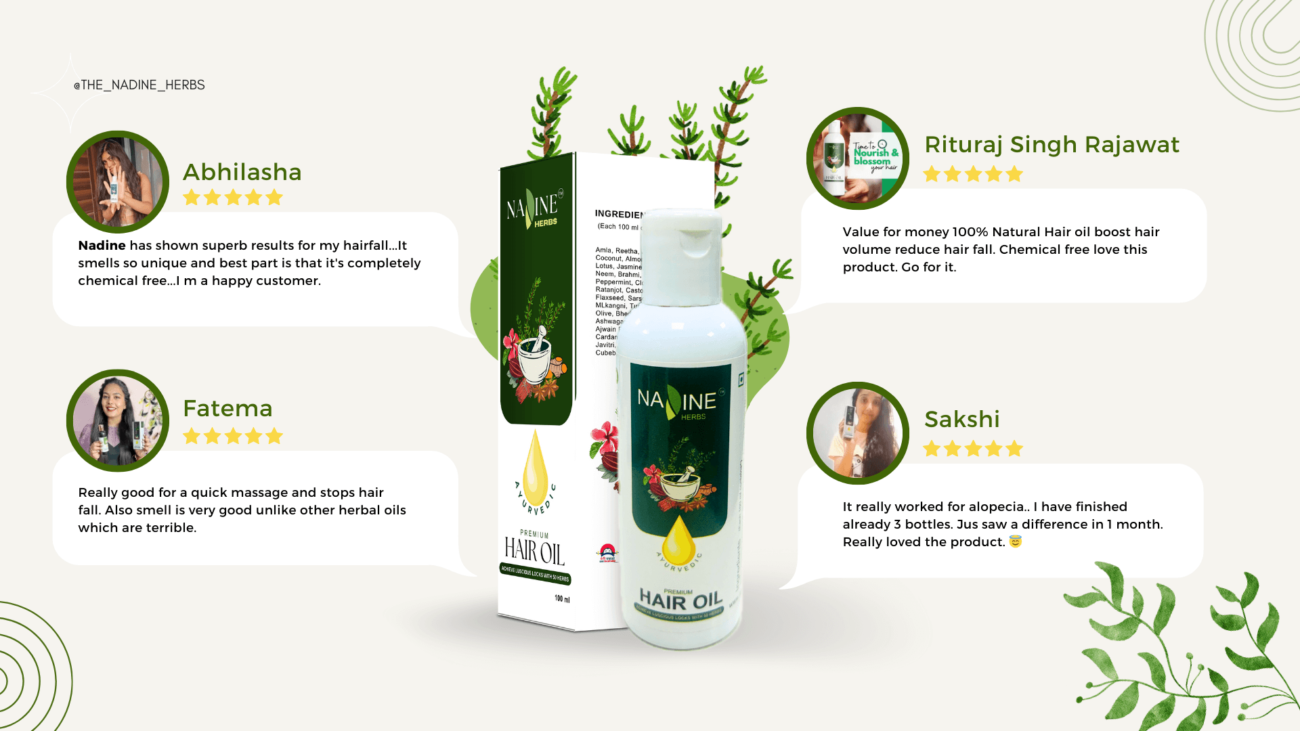
Dietary Tips to Prevent Dandruff
- Include Omega-3 Fatty Acids: Foods rich in omega-3s like salmon, flaxseeds, and walnuts can help maintain scalp health.
- Stay Hydrated: Drink plenty of water to keep your scalp and hair hydrated.
- Avoid Sugary and Processed Foods: These can increase yeast production, leading to dandruff.
- Eat Zinc-Rich Foods: Incorporate zinc-rich foods like nuts, seeds, and whole grains to reduce dandruff.
Frequently Asked Questions (FAQs)
1. Can dandruff be completely cured with home remedies? While home remedies can effectively manage and reduce dandruff, the results may vary depending on the cause. Consistent use of these remedies can lead to significant improvement.
2. How often should I use these remedies? Most remedies can be used 2-3 times a week. However, it’s important to monitor how your scalp reacts and adjust the frequency accordingly.
3. Are there any side effects of using natural remedies? Generally, natural remedies are safe, but some people may have allergies or sensitivities to certain ingredients. Always perform a patch test before using any new remedy on your scalp.
4. What should I avoid when dealing with dandruff? Avoid using harsh shampoos, heat styling tools, and hair products with heavy chemicals. Also, refrain from scratching your scalp, as this can exacerbate the condition.
Conclusion : Dandruff can be a stubborn issue, but with the right approach, you can effectively manage and even eliminate it. Herbal and home remedies offer a gentle yet effective alternative to chemical-laden products, ensuring a healthy, balanced scalp. By incorporating these natural treatments into your hair care routine, along with proper diet and lifestyle changes, you can say goodbye to dandruff and hello to healthier, flake-free hair! Try these herbal and home remedies today and experience the natural way to a dandruff-free life!

